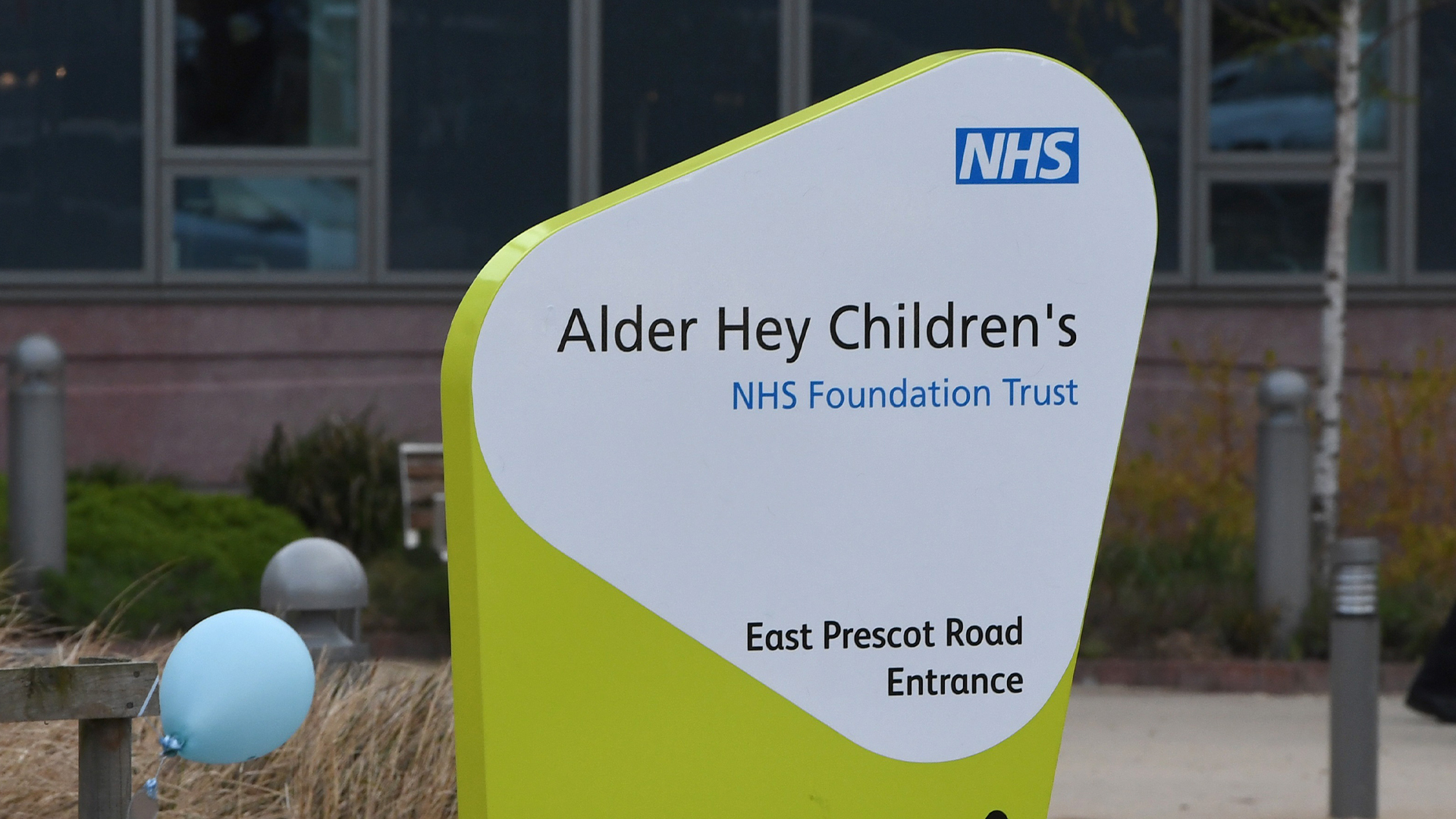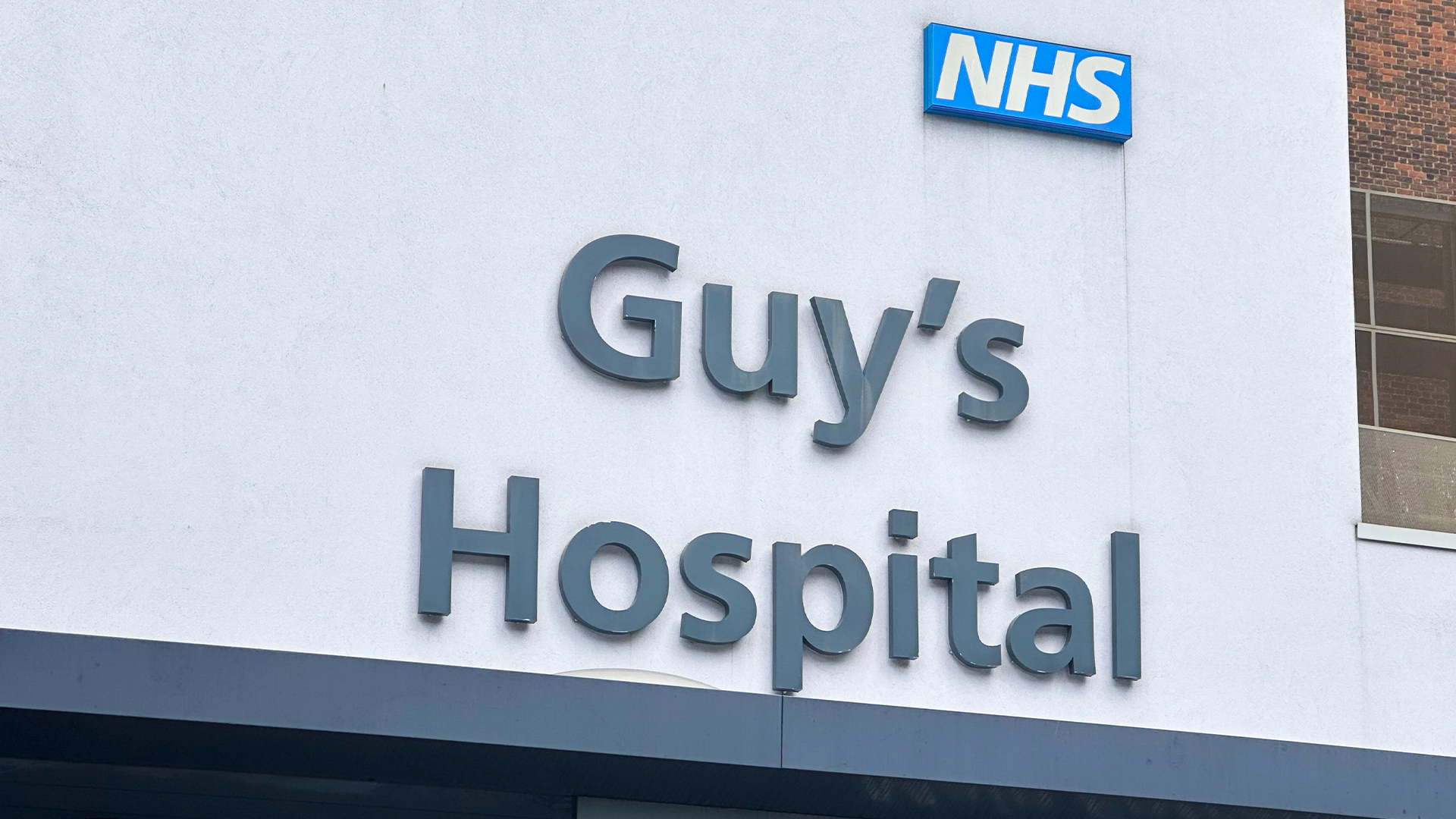Public Sector Roundup: Spine a success?
The NHS electronic database Spine has solid takeup, Dorset's high-tech crime unit gets secure, and a Welsh hospital gets an IT makeover.

Sign up today and you will receive a free copy of our Future Focus 2025 report - the leading guidance on AI, cybersecurity and other IT challenges as per 700+ senior executives
You are now subscribed
Your newsletter sign-up was successful
Less than one per cent opt out of Spine database
The government said support for its NHS Spine database is on the rise, after it was revealed that less than one per cent of people invited to participate opted out of the scheme.
The NHS database is a computerised system that will contain a summary of patient care records and be widely available to GPs and hospitals.
However, despite initial reservations from nurses, health minister Ben Bradshaw revealed that the majority of adult patients favoured the programme.
Of the 614,000 adult patients that had been sent information packs about summary care records, Bradshaw asserted that 5,000 "have indicated to their general practitioner or to the primary care trust their wish not to have a summary care record."
It is believed that the Department of Health will use the new findings to highlight the need for a centralised system carrying information on individual patients' care needs.
There are, however, some groups who believe that the Spine database could breach patient confidentiality and that the public should be given the option to choose whether to opt in to the scheme as opposed to opting out of it.
Sign up today and you will receive a free copy of our Future Focus 2025 report - the leading guidance on AI, cybersecurity and other IT challenges as per 700+ senior executives
Dorset police to use NOD32 for hi-tech crime unit
Dorset police's hi-tech crime unit, responsible for investigations into computer-related crime, will use NOD32 to protect its work, according to ESET.
The hi-tech crime unit was looking specifically for an anti-virus product that would allow them to both infect and protect their systems. ESET NOD32 is a single, highly optimised engine that works as a unified anti-threat system to protect against viruses, worms and spyware.
"We looked at several different products, but chose ESET NOD32 as it met all of our requirements," said Dorset police's DC Tristan Oliver.
Dorset police needed an anti-virus product that was low on system resources, operated in the background without being intrusive and would also provide flexibility to allow settings to be altered.
The crime unit also required that its secure network, not connected to the internet, would be updated with the latest virus signatures and engine updates.
As Oliver explains, the crime unit had two very different sets of needs.
"When you're working in hi-tech crime you have two opposing sets of needs. On one hand you require that your machines do not become infected, either from 'normal' sources or from something that may be lurking in the data of the machine being investigated.
"At the same time, if you're studying data from a suspect's computer and there is a virus, you may actually want to run it just to prove its exact intentions. Our forensic work can make it very challenging circumstances for anti-virus products."
Welsh hospital's IM&T infrastructure gets Esteem makeover
Esteem Systems has inked a deal with West Wales General Hospital in Carmarthen to provide its medical staff with faster electronic and online resources.
Through Esteem Systems' new centralised and virtualised IM&T infrastructure, doctors, nurses and clerical staff will be able to reduce the amount of time taken to login and access patient administration and clinical systems.
The new consolidated infrastructure will also include real time operation and data replication, providing a resilient platform for data storage, virtualisation and disaster recovery plans.
It's also hoped that the hospital's carbon footprint will decrease, as Esteem's virtualised server and storage environment will reduce 40 servers down to just three. The virtualised environment will also lead to cost savings to the hospital as a result of reduced power and cooling specifications.
To ensure security, Esteem will design and implement a new storage area network (SAN) based on NetApp technology at its primary data centre at West Wales General Hospital with 4.8 terabytes of usable data.
IM&T services manager at West Wales General Hospital Paul Solloway said that the partnership was essential to the efficient working practices of the hospital's staff.
"Our in-house IM&T department will also benefit from seamless, rapid deployment and upgrades of servers, which can be done with zero downtime. This will not only save us time and make upgrade management easier, but also means that there will be no disruptions to clerical and medical staff using our systems. With faster access and a higher level of service, users will notice a marked improvement to their working day, which in turn will lead to improved services to patients."
-
 Anthropic promises ‘Opus-level’ reasoning with new Claude Sonnet 4.6 model
Anthropic promises ‘Opus-level’ reasoning with new Claude Sonnet 4.6 modelNews The latest addition to the Claude family is explicitly intended to power AI agents, with pricing and capabilities designed to attract enterprise attention
-
 Researchers call on password managers to beef up defenses
Researchers call on password managers to beef up defensesNews Analysts at ETH Zurich called for cryptographic standard improvements after a host of password managers were found lacking
-
 NHS supplier DXS International confirms cyber attack – here’s what we know so far
NHS supplier DXS International confirms cyber attack – here’s what we know so farNews The NHS supplier says front-line clinical services are unaffected
-
 Two more NHS Trusts have been hit with cyber attacks – here’s what we know so far
Two more NHS Trusts have been hit with cyber attacks – here’s what we know so farNews A flaw in a third-party device management tool appears to be the source of the incident
-
 NHS England launches cyber charter to shore up vendor security practices
NHS England launches cyber charter to shore up vendor security practicesNews Voluntary charter follows a series of high-profile ransomware attacks
-
 NHS supplier hit with £3m fine for security failings that led to attack
NHS supplier hit with £3m fine for security failings that led to attackNews Advanced Computer Software Group lacked MFA, comprehensive vulnerability scanning and proper patch management
-
 Cyber attack delayed cancer treatment at NHS hospital
Cyber attack delayed cancer treatment at NHS hospitalNews A cyber attack at Wirral University Teaching Hospital in 2024 delayed critical cancer treatment for patients, documents show.
-
 Alder Hey Children’s Hospital confirms hackers gained access to patient data through digital gateway service
Alder Hey Children’s Hospital confirms hackers gained access to patient data through digital gateway serviceNews Europe’s busiest children’s hospital confirmed attackers were able to steal data from a compromised digital gateway service
-
 Major incident declared as Merseyside hospitals hit by cyber attack
Major incident declared as Merseyside hospitals hit by cyber attackNews The incident, which has led to cancelled appointments, is just the latest in a series of attacks on healthcare organizations
-
 Thousands of procedures canceled at London hospitals as Qilin releases blood test data
Thousands of procedures canceled at London hospitals as Qilin releases blood test dataNews The attack on blood testing company Synnovis continues to affect patients, while the ransomware group follows through with its threats